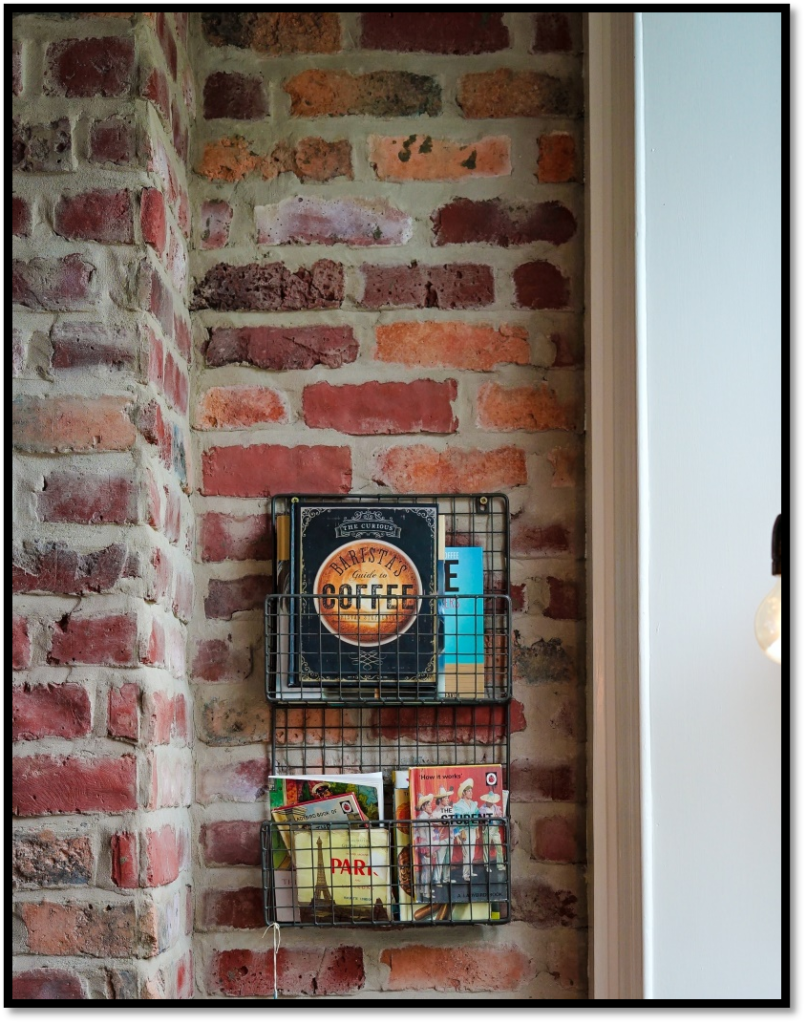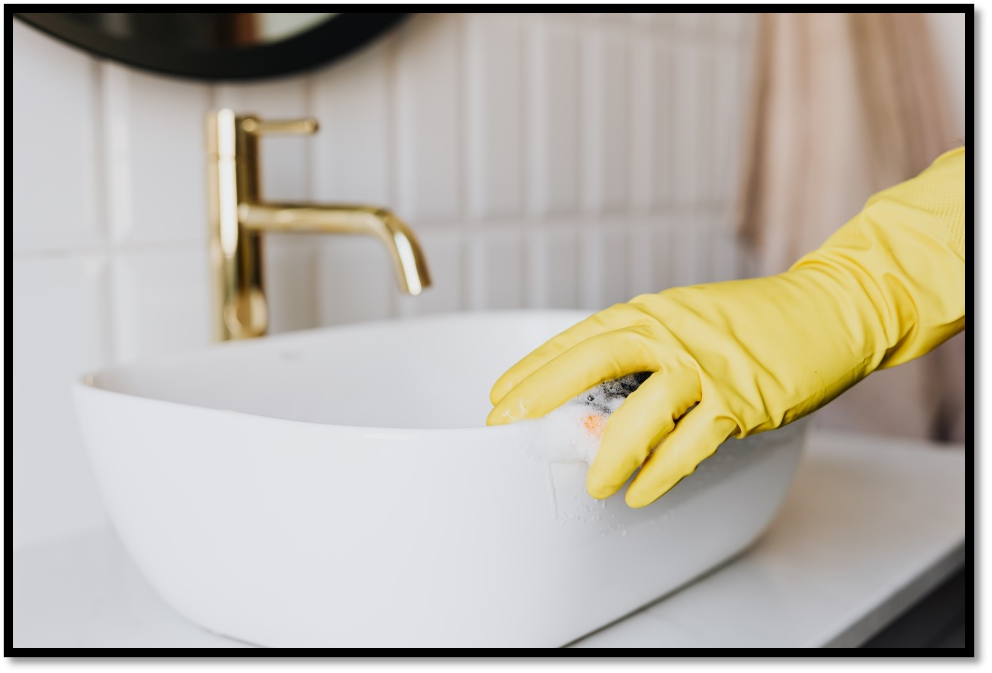What Does Black Mold Reveal About Your Home?

Mold formation is a common occurrence during monsoon season. This is because continuously moist surfaces are prime locations for most types of mold. Alongside weakening your house’s infrastructure, molds can also be a health hazard for people who have compromised immune systems.
Water build-up is the single-most-important reason why black mold begins to thrive on any surface. Whether it’s a leaky pipe behind the bedroom wall, a dripping faucet in the bathroom sink, or a poorly ventilated washing area, the excess water in the air and on surfaces makes mold growth a likely occurrence.
Quite often, black mold goes unnoticed because of the hidden locations it grows in. However, once it’s taken hold, it can spread pretty rapidly, damaging whatever surface it’s growing on. Here’s what black mold growth means for your house:
1. Too Much Humidity
If you have black mold growing in a particular spot, the chances are that the humidity levels in the atmosphere are higher than usual. Humidity can build up for numerous reasons—monsoon season, for example, is notorious for high humidity levels. The continuous downpour can cause water seepage through the windows, doors, or vents, making your home a breeding ground for black mold.

2. Faulty Plumbing
Dripping sinks, leaky pipes, and cracked vents directly aid water build-up within the house’s infrastructure. While getting regular plumbing maintenance done is essential for avoiding plumbing problems such as overflowing toilets and inefficient water heaters, regular maintenance also plays a role in preventing mold formation.
Regular plumbing check-ups ensure that any leak is identified and treated. The equipment professional plumbers use can diagnose hidden problems that might not be visible to the naked eye.
Preventing water retention on surfaces is essential to preventing mold growth, and fixing faulty plumbing is one practical step you can take to avoid the problem.
3. Improper Ventilation
Proper ventilation is vital when it comes to black mold prevention. A regular inflow and outflow of air allows humid air to move out and fresh air to come in.
Small and closed rooms such as the attic, basement, washing area, and janitorial space must be regularly ventilated by leaving the door and windows open for a few hours every day. Installing exhaust fans in these rooms is also an excellent way to ensure ventilation and the removal of humid air and moisture.
Once black mold has grown in your house, it becomes quite challenging to remove it and ensure that it doesn’t grow back. Professionals such as Service Master Colorado specialize in mold removal and restoration. Book an appointment with them and keep your house safe from uninvited, moldy guests.